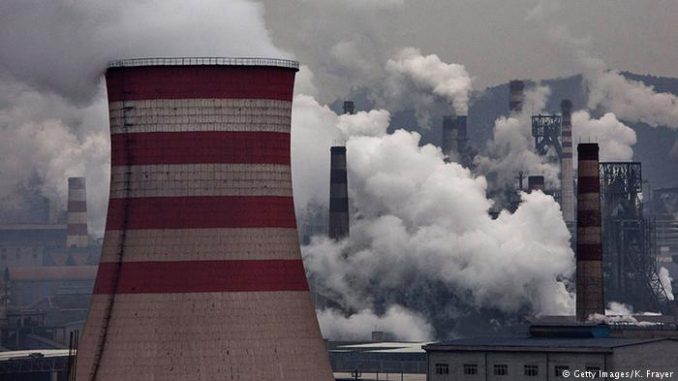
A new report on peak emissions indicates that climate action is working. The Bonn summit is an opportunity to build on that momentum, experts say. Dave Keating from Deutsche Welle reports.
The COP23 climate conference that will take place in Bonn over the next two weeks doesn’t have the sexiness of the COP21 summit in Paris two years ago. It is a “working conference,” tasked with clarifying a “rule book” for the headline-grabbing accord agreed in Paris in 2015.
Perhaps because of this, global media have approached the summit with some cynicism. A report released on Tuesday found that existing commitments under the Paris Agreement will not bring countries anywhere near the goal of preventing over 2 degree Celsius (3.6 degree Fahrenheit) rise in the Earth’s temperature by 2050 — which scientists say would lead to catastrophic climate change.
Particularly in the context of Donald Trump’s announcement earlier this year that he is pulling the United States out of the Paris accord, to many it appears that delegates in Bonn are wasting their time. After all, what’s the point of all this if it appears it’s not going to work anyway?
But those involved in the process can confirm that it is actually accomplishing a lot. Indeed, in the over two decades since the UN climate process began at the 1992 Rio Summit in Brazil, the world has made significant strides in reducing its emissions.
A new report published today by the World Resources Institute illustrates that point. It found that by 2000, eight years after the Rio Summit, 33 countries had peaked — meaning they reached an apex in their greenhouse gas emissions, and have declined ever since. That was up from 19 in 1990.
By 2010 that number grew to 48 countries — including the United States — representing about 36 percent of the world’s emissions.
Read more on Deutsche Welle.